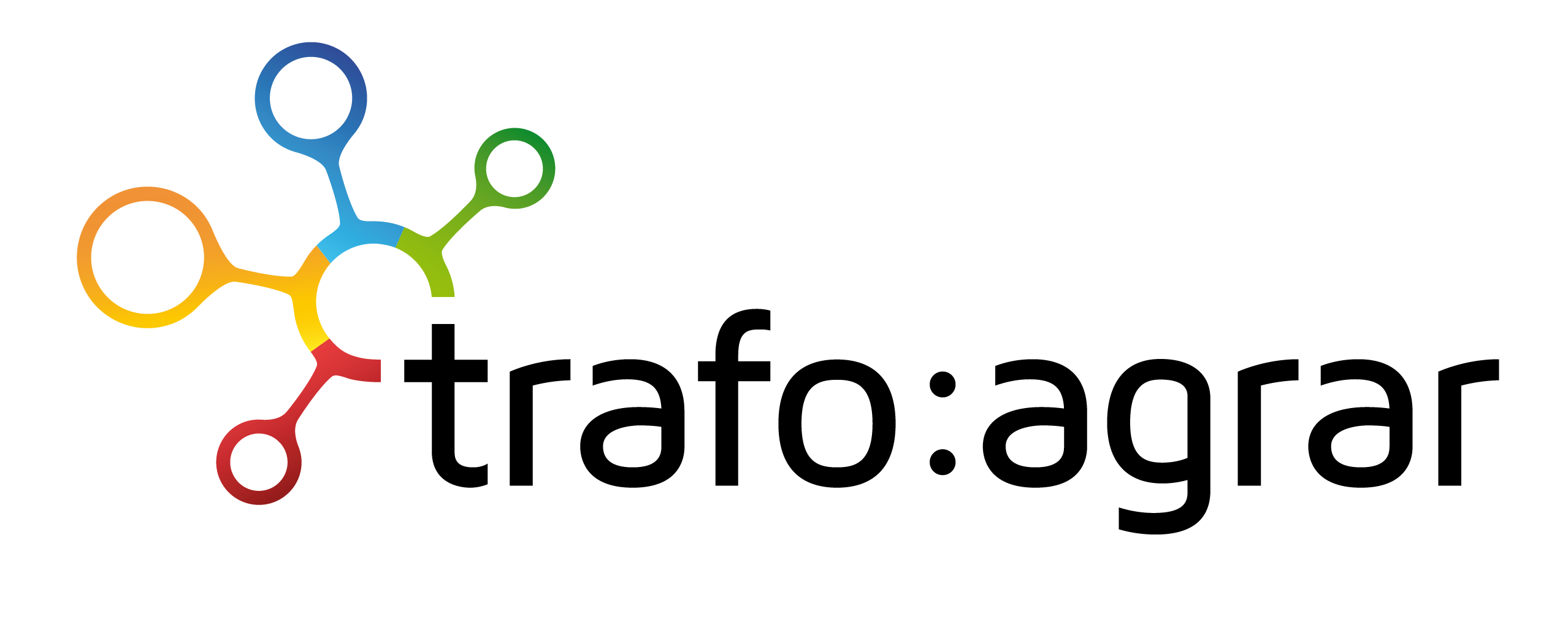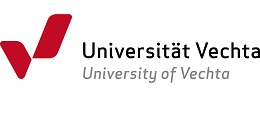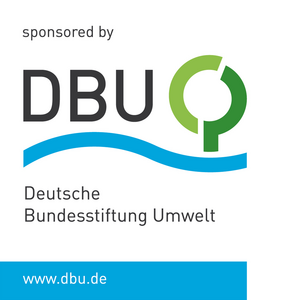- GENERAL
- IMPRESSIONS
- ESD
- CO-CREATION
- PROJECT PARTNER
- CONTACT
 GERMAN
GERMAN
Development of a system-oriented serious game (Play) in the Living Lab for the virtual simulation of concepts and options for action to reduce nitrogen emissions (N) in pig farming (Pig) and to adapt farms to climate change.
The German Federal Environmental Foundation - funding topic 9: Reduction of reactive nitrogen compound emissions in environmental compartments
| Project start: | 01.01.2021 | Project duration: | 30 months |
| Funding value: | 558,624 € | Project status: | completed |
Project description
The aim of the project pigNplay is to provide a tool for farmers in training and practice as well as other target groups to gain a deeper awareness and understanding of the complex of topics "Nitrogen emissions in pig farming" and "adaptation to climate change". In this way, action competencies are to be promoted and options for action are to be identified. The project is based on the modeling of production processes in agricultural livestock farming, which are specific to the agriculturally intensive region in the northwest of Lower Saxony. To this end, the project systemically models the nitrogen cycle in pig farming and embeds it in a serious game environment using model-based artificial intelligence (AI). The serious game enables farmers with pigs in training and practice to play through virtual scenarios and to test suitable action alternatives for their farms in real life. The development and prototypical application of the serious game is done in cooperation with the farmers and as close to practice as possible (based on the Living Lab approach). The environmental and climate consequences associated with the use and accumulation of nitrogen in pig farming are thus to be made tangible in a playful and innovative way, in order to prepare the ground for appropriate environmental action.
A typical farm with pig farming in the agricultural region "Oldenburger Münsterland" is used as a model. This rural region has developed into a world-leading agricultural cluster since the 1950s. At the same time, it faces major ecological challenges, characterized among other things by high nitrogen surpluses. This results in, among other things, nitrate pollution of water bodies, emissions (including ammonia, dust, germs), and reduced biodiversity (including SRU, 2015). The causes lie primarily in agricultural practices - among other reasons, because the cause and effect relationships of nitrogen cycles are very abstract. The systems underlying the cycle are dynamic, reacting with a time lag, coupling back and/or reinforcing each other. In order to implement sustainable and resource-conserving approaches and corresponding behavior in agricultural practice, it is therefore necessary to communicate the complex interrelationships and systems in a comprehensible and target group-specific manner. Only when the consequences of decisions can be experienced can coping strategies be designed on this basis. These can include adapted management practices for fertilization and feeding, but they can also lie in the application and development of new business models and approaches.
The project is interdisciplinary and transdisciplinary. Competences from animal husbandry (University of Göttingen), education for sustainable development (University of Vechta) as well as information processing and artificial intelligence (DFKI / University of Osnabrück) and innovation development in the Reallabor/Living Lab (Wuppertal Institute) are bundled in the project. In order to increase the acceptance and user-friendliness of the serious game, the target group will be actively involved in the development of the game within the framework of a use-based development process. In addition, there will be a project advisory board that will continuously monitor both the development of the "story", i.e. the narrative for the serious game, and the suitability and user-friendliness of the game during the development process and provide appropriate feedback. This ensures a direct practical relevance and offers a new tool for N-conscious and sustainability-oriented management and planning in pig fattening and breeding. The game-based communication of farm-specific effects of decisions in farm management represents a unique selling point and a helpful and, above all, promising approach for agricultural practice. This increases the marketing and dissemination capability of the serious game enormously.
 GERMAN
GERMAN 






